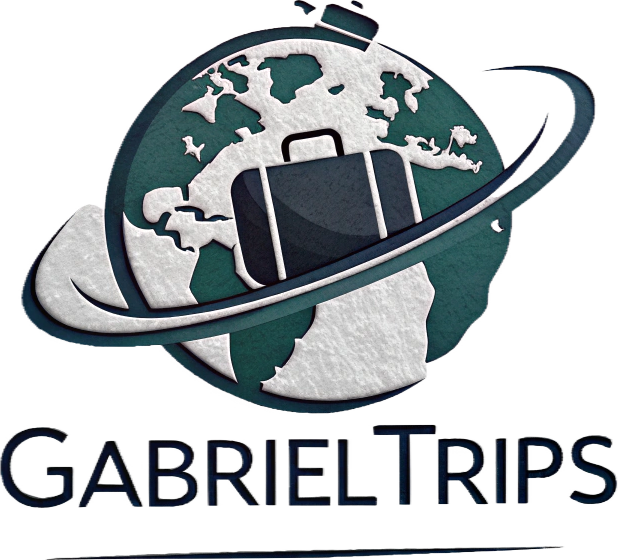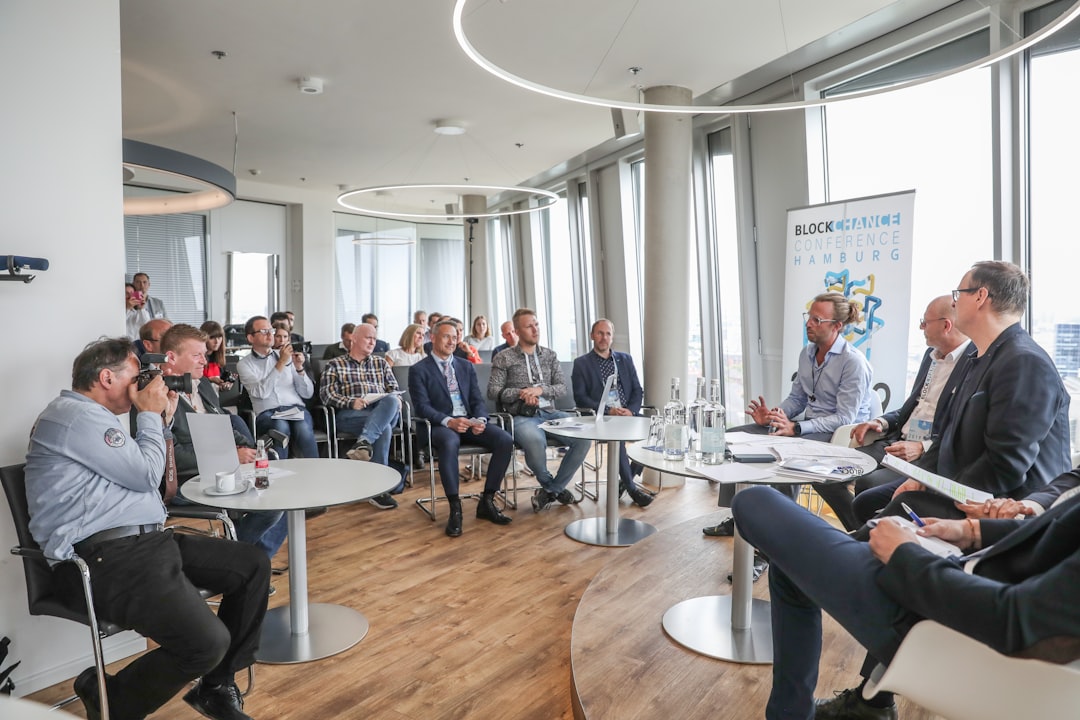Elevate Your Event: The Art and Science of Conference Planning
Planning a conference is no small feat; it’s a delicate dance between creativity, organization, and execution. As the world of events continues to evolve, the role of a conference planner has become even more critical. Whether you’re organizing a small gathering or a large international symposium, understanding the nuances of effective conference planning can set the stage for a truly remarkable experience.
First and foremost, a successful conference begins with a clear purpose. What is the main goal of your event? Is it to educate, inspire, network, or perhaps all three? Defining this will not only guide your planning but also help attract the right audience. Once your purpose is established, consider the theme of the conference. A well-thought-out theme can add a layer of cohesiveness and excitement, making the event memorable and engaging.
Budgeting is one of the trickiest aspects of conference planning. Many planners fall into the trap of either underestimating or overestimating their budget. Start by outlining all potential expenses: venue rental, catering, technology, marketing, and more. It’s essential to prioritize what is necessary and what can be adjusted. Consider opting for a hybrid format, where both in-person and virtual attendees can participate. This not only expands your audience but can also save costs on venue space.
Choosing the right venue is another critical step. Factors to consider include location, accessibility, and the facilities available. For example, if you’re hosting a tech conference, you’ll want to ensure that the venue is equipped with reliable Wi-Fi and necessary audiovisual capabilities. Additionally, don’t underestimate the power of ambiance. A space that reflects your theme can enhance the overall experience.
As your conference day approaches, don’t forget about the logistics. Create a timeline for every aspect of the event, from registration to closing remarks. It’s helpful to have a checklist to ensure that nothing falls through the cracks. Consider utilizing event planning software to keep everything organized and to streamline communication with vendors and speakers.
Speaking of speakers, the selection of your keynote and breakout session speakers can make or break your conference. Seek out industry leaders or influential figures who can draw a crowd and offer valuable insights. Don’t forget to prepare them with guidelines and expectations to ensure their presentations align with the conference theme and goals.
Marketing your conference is equally as important as planning it. Utilize social media, email marketing, and even partnerships with other organizations to spread the word. Engaging content such as teaser videos, speaker interviews, and interactive polls can generate buzz and excitement. Consider offering early-bird registration discounts to incentivize attendees to commit early.
On the day of the conference, ensure that everything runs smoothly. Have a dedicated team to handle registrations, troubleshoot technical issues, and assist attendees. Remember, the goal is to create an enjoyable experience, so be flexible and ready to adapt to any unforeseen challenges. After all, the unexpected is often what makes events memorable.
Post-conference, take the time to gather feedback from attendees and speakers. Surveys can provide valuable insights into what worked and what can be improved for future events. Use this feedback to refine your planning process and make adjustments to your approach.
Finally, never underestimate the importance of follow-up. Send thank-you notes to speakers, sponsors, and attendees, and share highlights from the event. This not only fosters goodwill but also keeps your audience engaged for future conferences.
In conclusion, effective conference planning is an art that combines careful strategy, creativity, and attention to detail. By understanding your purpose, budgeting wisely, selecting the right venue, and executing a solid marketing plan, you can create an unforgettable event that resonates with your audience long after the last session ends. So, roll up your sleeves and get ready to elevate your event to new heights!

